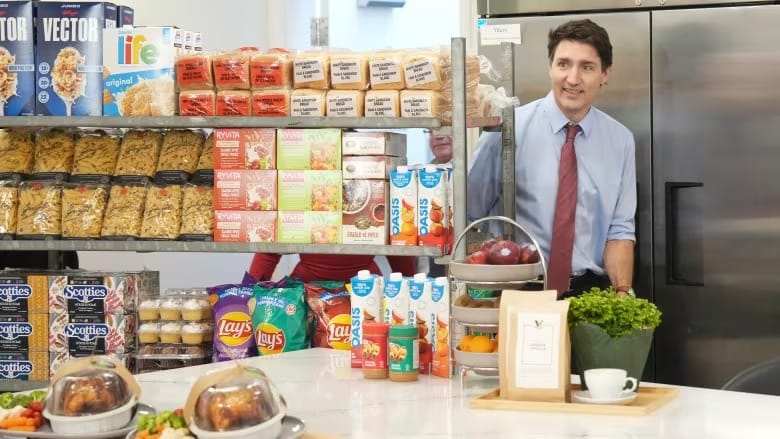Residential school survivors press Ottawa for more money to find unmarked graves
'To the prime minister — we've had enough,' Survivors' Secretariat says as it grapples with funding issues

A group of residential school survivors and their supporters are urging the federal government to reverse what they describe as a funding cut and provide more resources to help locate the unmarked graves of students who attended these institutions.
Their appeal coincides with Canada’s fourth annual National Day for Truth and Reconciliation, a day established in 2021 to honor residential school survivors and the children who never returned home.
The Survivors' Secretariat, leading efforts to analyze records and search the grounds of the former Mohawk Institute near Brantford, Ontario, is protesting changes announced earlier this year. They claim these changes will reduce the amount of money available to Indigenous communities for documenting residential school atrocities and deaths.
Recent Budget Offers Less Funding: Secretariat
The issue gained national attention in 2021 when the Tk'emlúps te Secwépemc First Nation revealed that a preliminary radar survey had identified over 200 potential graves at the former Kamloops Indian Residential School in British Columbia.
Following that revelation, the federal government allocated $209.8 million in Budget 2022 to support Indigenous communities in investigating and memorializing burial sites. This funding has already supported 146 projects, including research and ground searches.
However, the Survivors' Secretariat says that the most recent federal budget has reduced funding to $91 million over two years, which they argue is insufficient for continuing critical research to uncover the full history of what happened at these institutions, where abuse and death were widespread.
The reduced funding means "communities are going to be pitted against each other to access a limited pool of money," said Laura Arndt, executive lead of the secretariat, speaking at Parliament Hill. Arndt warned that communities will be forced to halt their efforts if more funding is not provided soon.
"We’re trying to uncover a history that spans 150 years, and the limited funding we’ve received over three years simply isn’t enough," she said. "Hundreds of millions of dollars worth of work needs to be done to reveal the truth of what occurred at these schools."
Arndt pointed to Prime Minister Justin Trudeau’s past promises to support Indigenous communities and honor the children who never returned from residential schools. "Promises only matter when they’re kept," she said. "The prime minister needs to fulfill his commitment—for the communities and for the country—so that true reconciliation can be realized."
Federal Government's Commitment: Minister
Crown-Indigenous Relations Minister Gary Anandasangaree reiterated the government's commitment to funding these efforts, noting that eligible communities can receive up to $3 million each. "We will be with every community throughout this process," he told CBC News, adding that more funding could become available as discussions with cabinet colleagues continue.
While Arndt didn’t specify how much additional funding is needed, she stressed the need for "long-term, sustainable resources" to ensure the work is completed. "We shouldn’t have to beg for money from the very entities that carried out these atrocities, especially during the national month of reconciliation," she added.
Arndt also warned that insufficient funding could fuel the "denialist movement," referring to those who downplay or deny the atrocities that occurred in residential schools. The Truth and Reconciliation Commission (TRC) estimated that up to 6,000 children may have died in the system, primarily from malnutrition and disease, while the National Centre for Truth and Reconciliation estimates around 4,100 deaths based on official records.
Survivors Seek Answers
Roberta Hill, a former student of the Mohawk Institute and member of the Survivors' Secretariat, described the school as "horrific, damaging, and abusive." She emphasized the importance of uncovering the full extent of the suffering caused by such institutions.
"It’s going to take time to get to the truth, and cutting funding now is ridiculous," Hill said, expressing anger and frustration. "Maybe they’re just waiting for us survivors to die. But I’m not going anywhere—I’ll live as long as I can because I want answers and I want truth. People need to understand the price we paid as children."
Scott Hamilton, an archaeology professor at Lakehead University working with the Survivors' Secretariat, acknowledged the complexity and cost of non-invasive ground searches for possible graves. He recommended that, with limited resources, communities focus on gathering survivor testimonies and archival research instead.
"I essentially told them to fire me," Hamilton said. "With the current funding, they need to focus on their core activities."





